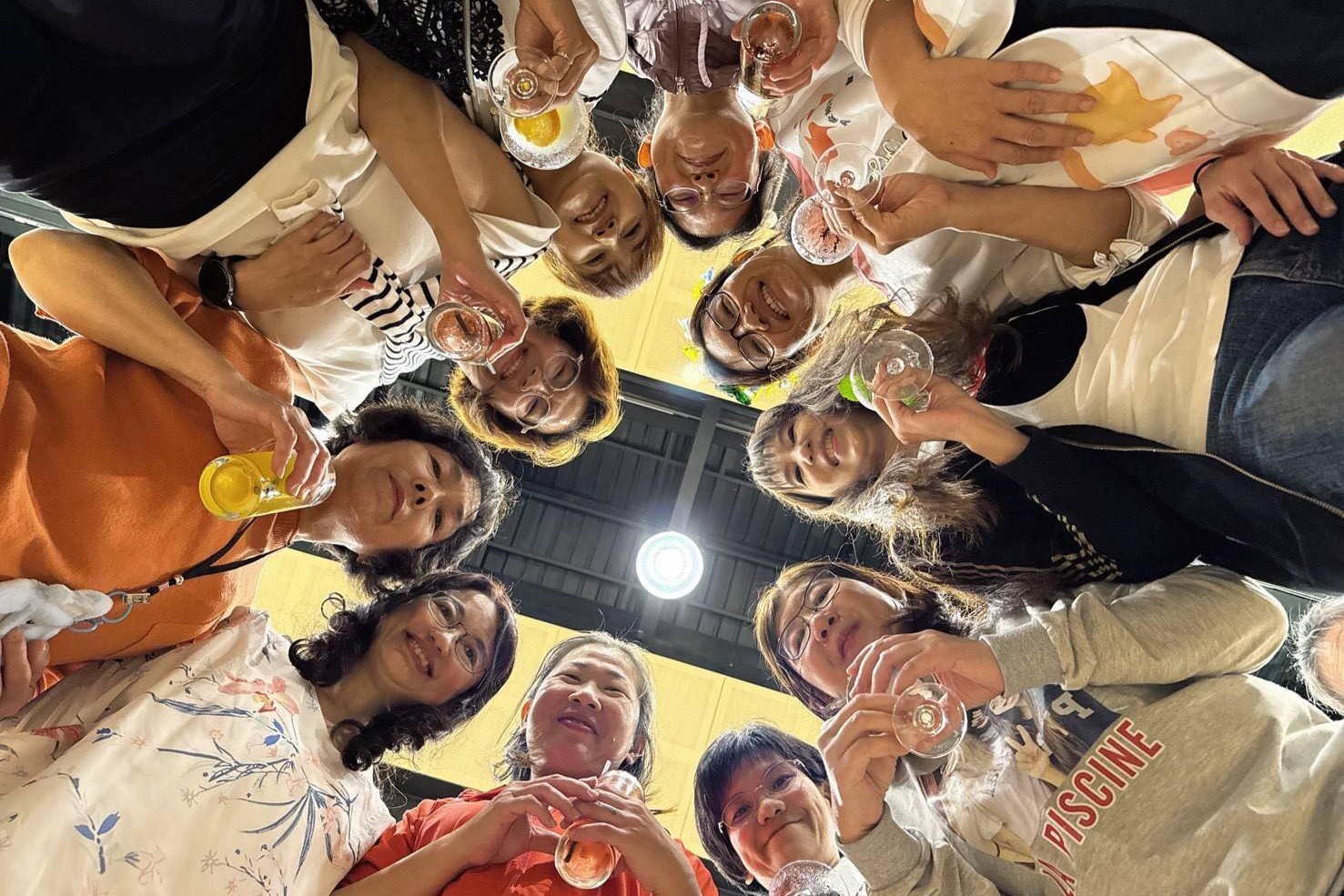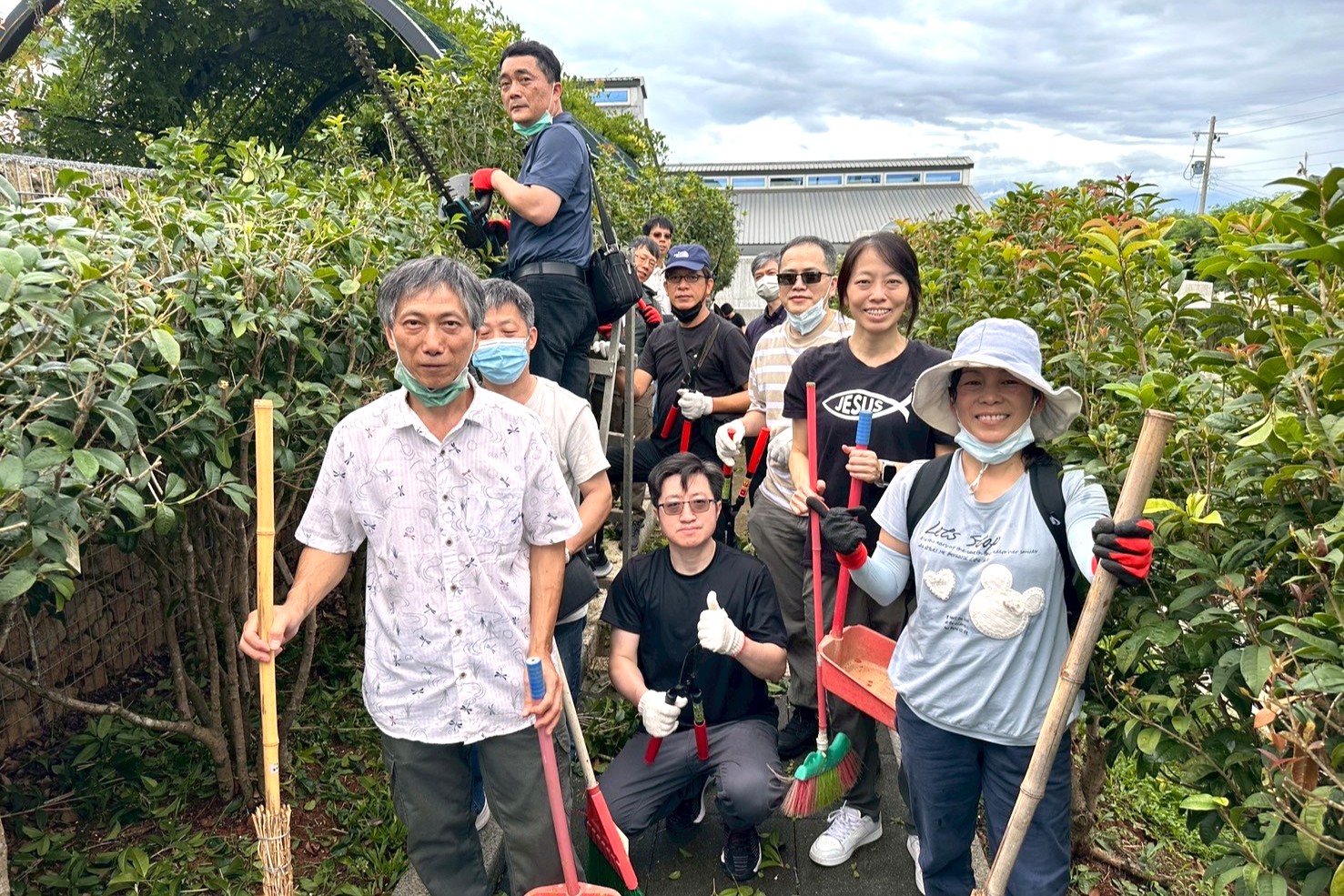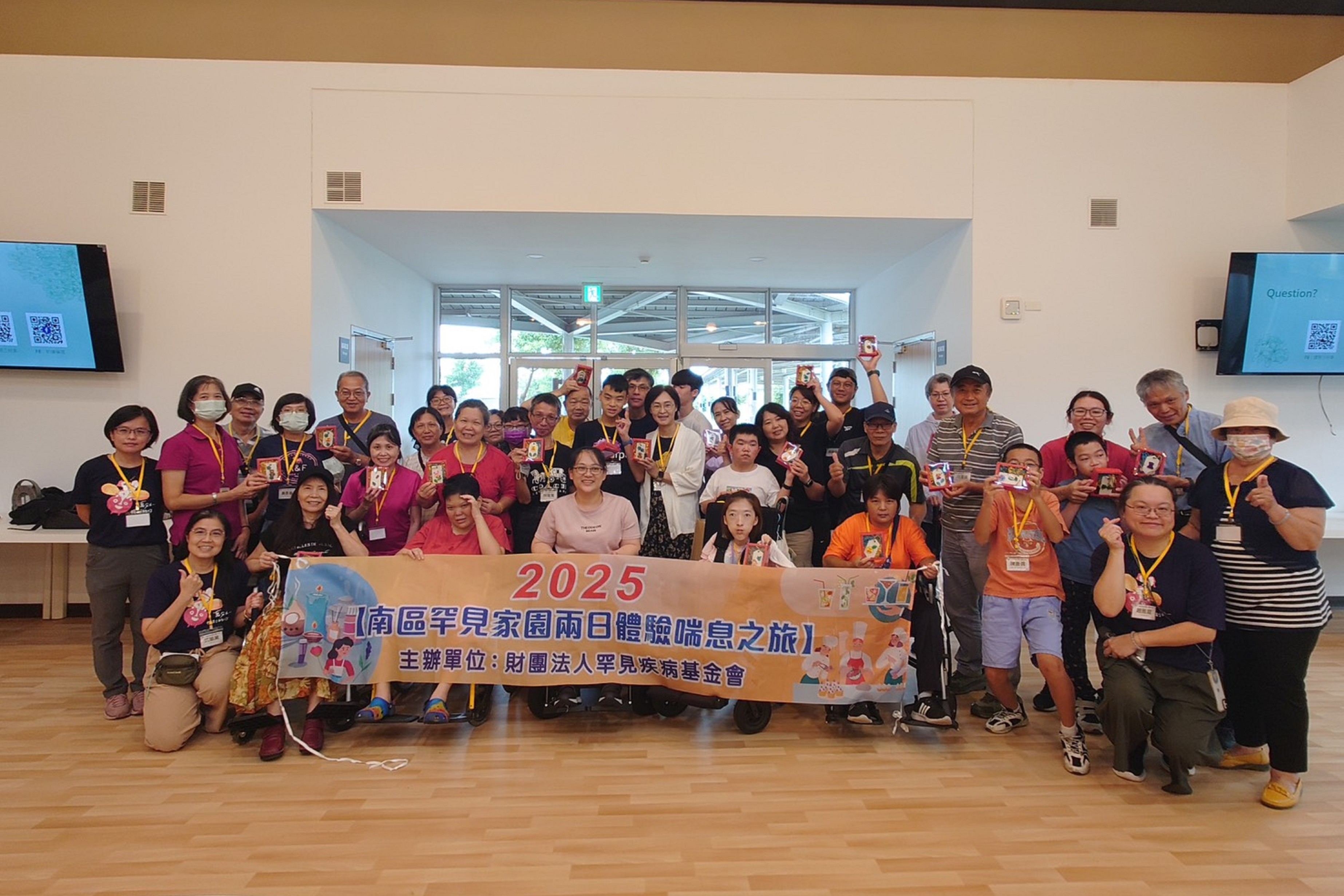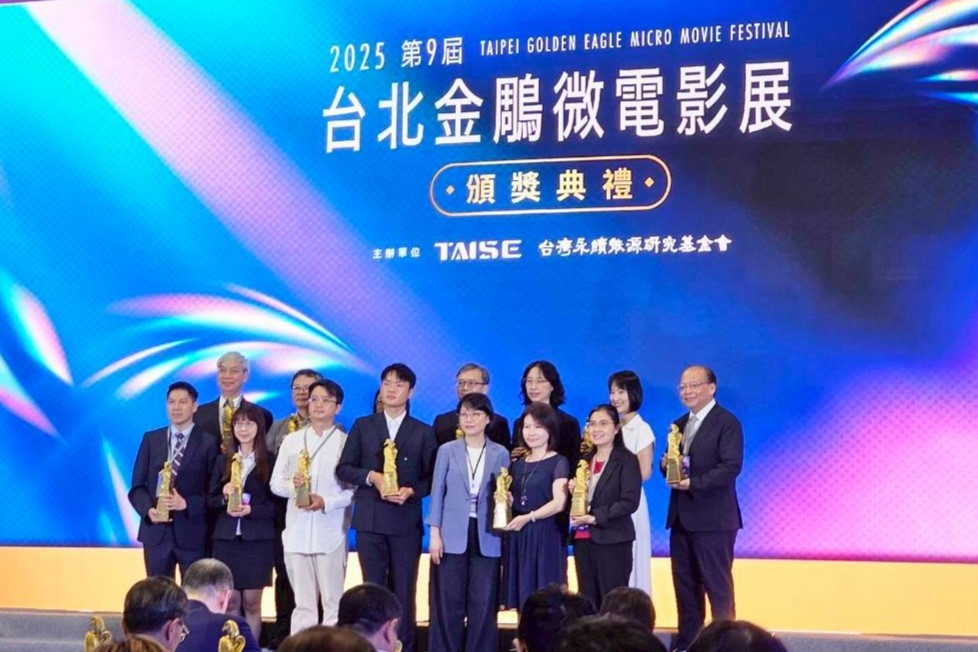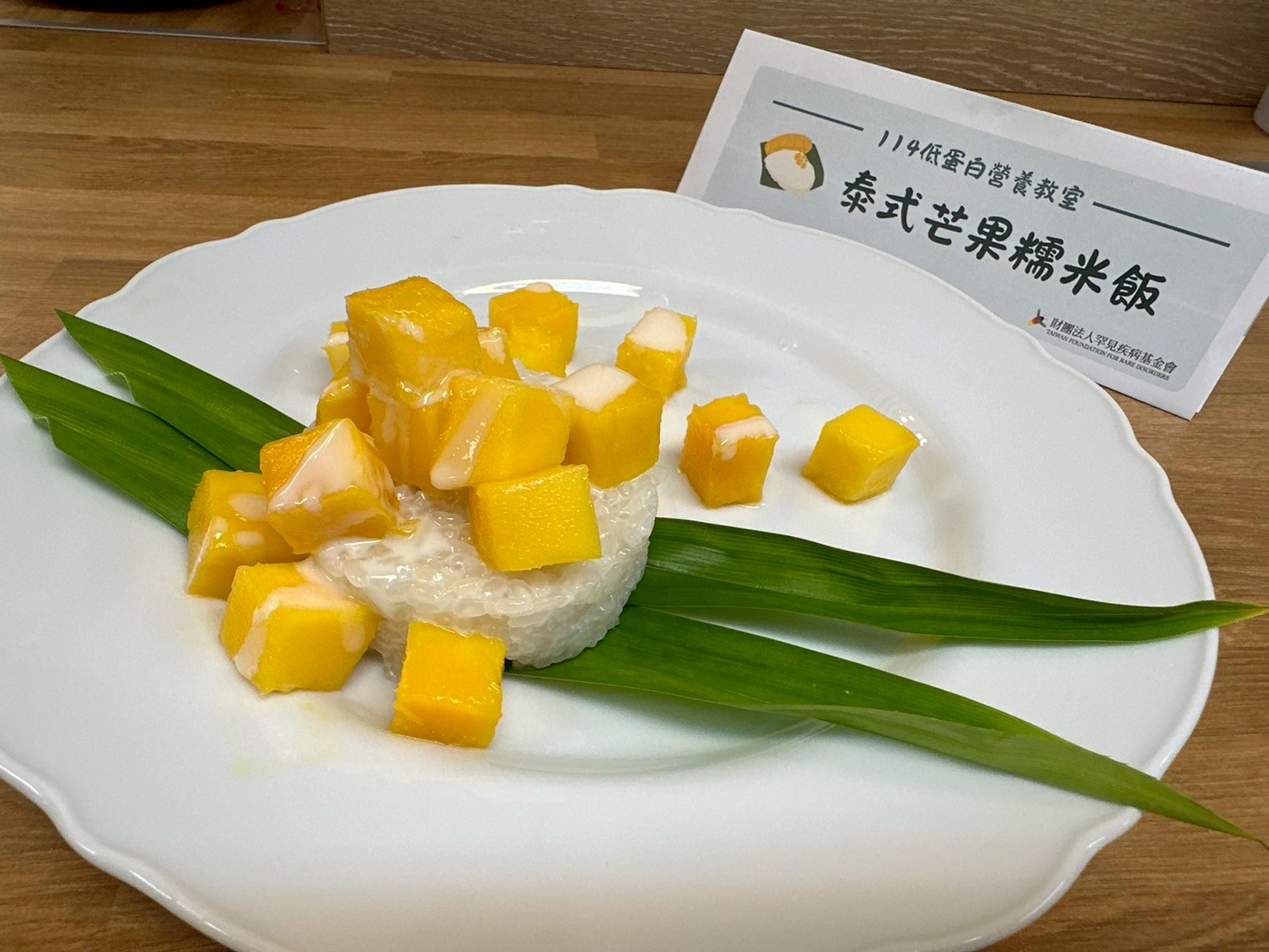News
Living with FOP
By Moira Liljesthröm, FOP mom
FOP is the short name for fibrodysplasia ossificans progressiva, an extremely rare genetic condition that affects 1 in 2 million people. My youngest son, (9) has FOP. We live in Buenos Aires, Argentina long far away from Taiwan.
FOP affects the connective tissue of the body, including muscles, tendons, ligaments, and other connective tissue, which progressively turn to bone building an extra eskelton that turns movement impossible. The first symptom usually appear within the first decade of life following flare-ups characterized by painful swellings which may occur in a “spontaneous way” due to still unknown reasons or in response to any trauma. This feature means that people with FOP must avoid traumas, like intramuscular injections, anesthesia in dental procedures, etc. While the diseases progress in an unpredictable way new bones grow up leading to lock all joints of the body, including the jaw, rendering movement impossible. Most people with FOP in their early twenties require lifelong assistance in performing most activities of daily living. The first sign of FOP that can be noticed at birth is the malformation of great toes, which is present in almost all people who have FOP.
Get the diagnosis of my son was a very difficult task. During his first years of life no one could tell my husband and me that the hallux valgus he had in his toes could be a sign of FOP. Then when the first flare up began, six years ago, it was suspected as cancer and he was performed several studies even a biopsy which is a procedure totally incorrect in FOP. Many doctors, studies and different diagnosis went together with this, until several months after we got the correct diagnosis of FOP. In fact it was due to the Internet and my constant search sending almost 800 emails to different hospitals all over the world, until two people gave us important information that led us to find the doctor who was able to make the correct diagnosis. We didn’t know at that time that we were doing the first steps on our own way together with FOP, which changed our lives in many ways.
During that first time we were able to notice that living with FOP meant not only to know the disease the best we could but to manage the social and medical adverse features derived from its rarity, which FOP shares with other rare diseases, such as failure and delayed diagnosis as I stated above; lack of cure or effective treatment to control the progression; little scientific and medical knowledge about the disease; lack of knowledge among people even doctors and health professionals; poor coordination of medical care; little and inadequate social benefits, etc. Besides that, we also found that FOP had two very important and invaluable things: a pro-active and solitary community who gives help to anyone and fund FOP research and a dedicated and devoted research team as well as medical advisor, who with the purpose of find a cure for FOP are absolutely involved and close to the FOP community and made in the last 16 years important advances in getting to know the disease. The last one was the discovery of the FOP gene. Both things are our major help and hope, two conditions absolutely needed in case of any rare disease.
Our major efforts at the first time were spent in trying to know the condition the best we could, and as the progression of the disease could be produced due to trauma, we tried to do our best in making the necessary arrangements that led our son to live his life as normal as possible in a safe environment. These were issues in which the FOP community and the IFOPA (international FOP association) were the greatest help, giving information about the disease, sharing their experiences about how to face the challenges that FOP put daily. I had to learn many different things, such as how to recognize FOP symptoms from others; how to adjust a safe environment to my son; how to speak about FOP with my son, physicians, school authorities, teachers, family, friends, and many other people; in definitely, how to take care of my son in a physical, psychological, medical and social way.
Later on, in a second period I was able to include myself into the FOP community in a more active way by doing different activities designated to help and contact people with FOP to encourage them to join our community, spread the word about FOP and looking for multigenerational families who were needed to find the FOP gene. Some of the activities to aim those objectives were the impulse and participation in the constitution of our Latino American FOP group (ALAFOP) in which all members can share their own experiences communicating to each other in Spanish, our native language. I also began to collaborate with the IFOPA doing translations of different documents between English and Spanish. In order to spread the word of FOP in our country, my husband and I wrote some articles that were published in newspapers. One of these articles was particularly important because two people were diagnosed from it, one of them; a 15 years old girl was able to make her own diagnosis of FOP after reading the article, which was later confirmed by a physician. The search of multigenerational families affected with FOP was a very important task as they were need to find the FOP gene. Most people with FOP over the world have the disease due to a novo mutation of the gene, and there are a very little amount of families in which more than one of their members is affected by the disease. I was so lucky to find at the Internet one of the five families that entered into the gene study from which the FOP gene was found some months ago.
Working in that way I knew the work that patient’s and family’s organizations is done through the approach of “rare diseases”. I found out and read a lot about it and found that it’s a very interesting way in trying to get more attention and find solutions for many people suffering of rare diseases. My husband and me got very interested in this approach and decided to work in it as well as we continued working on FOP. In order to set up an institutional framework for the activities we are doing, we initiated the procedures to start a FOP foundation (Fundación FOP) some time ago. As one of its activities we formulated a research project on rare diseases from our personal experience as social researchers and parents of a kid with a rare disease, and with the help of physicians and lawyers interested in the issue. The project is designated to make a diagnosis in our country about rare diseases from the social, medical, legal and scientific research approaches. We asked for a grant to the Science and Technology Governmental Office which it was approved. We are in our way to complete some administrative procedures in order to start it, which we guess will be in a short time.
There is a large horizon for activities in the future. Since we began this journey 6 years ago many things have changed as well as we did. We have many new friends all over the world, we know many different and valuables life stories, our son is growing fine developing his capabilities the best possible, he is very clever, nice and optimistic boy.
Living with FOP is a constant learning. It’s a challenge for all our family and we try to practice one of the things that we learnt these years; the adverse situations must be transformed thru a positive set of actions.


